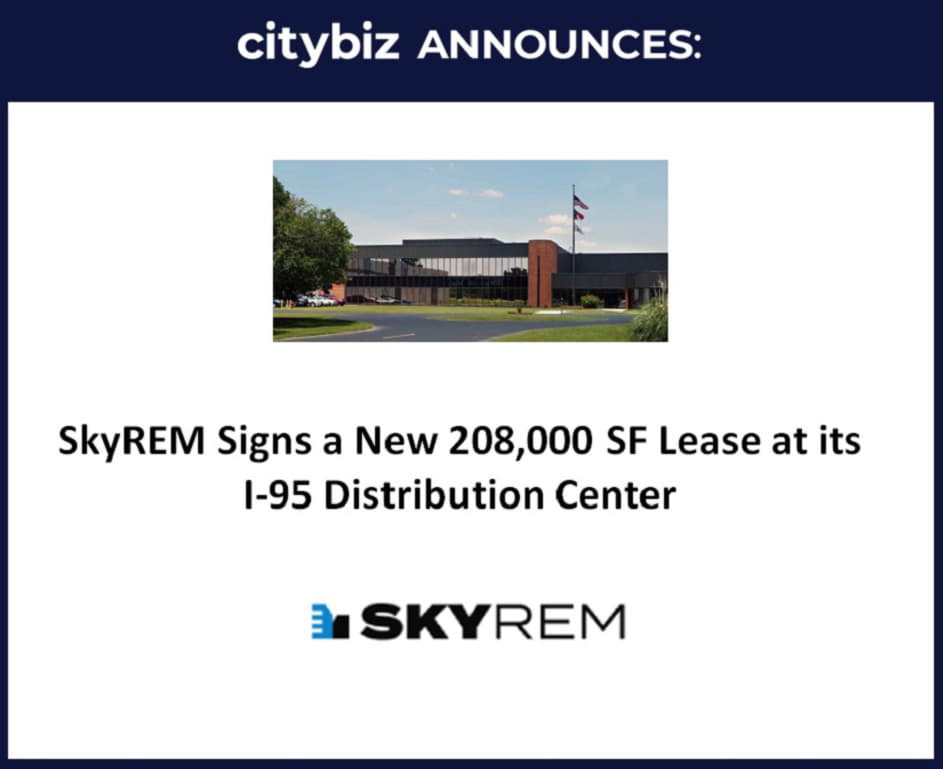Honeywell International, Inc., the multinational conglomerate, claimed its former subsidiary, Garrett Motion, Inc., decided to file for bankruptcy to avoid financial obligations to its former parent and not for the reasons the company put forth in its bankruptcy filing.
Garrett, a manufacturing company that spun off from the Charlotte-based Honeywell in 2018, announced Sunday that it agreed to a potential purchase of its business by KPS Capital Partners for $2.1 billion. The company said it also began Chapter 11 bankruptcy cases in the United States Bankruptcy Court for the Southern District of New York
On Monday, Honeywell filed a response with the court, claiming said Garrett’s Chapter 11 cases are “part of a continuing, imprudent strategy to evade Garrett’s obligations to Honeywell, undertaken by a management team that is uninformed or ill-advised of its fiduciary duties to creditors and shareholders.” Honeywell is Garrett’s largest creditor.
In the court response, Honeywell said that Garrett, seeing a short-term downturn in business from COVID-19, “opportunistically sought” to defer its former parent’s claims outside of bankruptcy. Honeywell said it worked with Garrett three months ago to provide relief for the former subsidiary.
As part of Garrett’s spinoff in 2018, the former subsidiary “received billions of dollars’ worth of profitable automotive assets” from Honeywell.
According to Honeywell, Garrett agreed to reimburse its former parent for 90 percent of its automotive-related asbestos liabilities for up to 30 years. According to the court filing, Honeywell’s predecessor acquired brake manufacture Bendix Corporation in 1983, which made brakes containing chrysotile asbestos. While that business was sold a long time ago, Honeywell has remained a defendant in multiple personal injury lawsuits.
In a press release announcing Garrett’s bankruptcy filing, Garrett CEO Olivier Rabiller said the “heavy debt load and liabilities” from the Honeywell spinoff, along with the pandemic, put a long-term strain on the company.
In July, Garrett reported a decline in second-quarter earnings from a year before. In the earnings press release, Rabiller cited “strict cost controls” related to the pandemic as one reason for the lackluster second-quarter performance. The press release put “obligations payable to Honeywell, current” at $37 million, at that time.
In its response, Honeywell said that financial advisors noted that Garrett was solvent and adequately capitalized at the time of the spinoff. In the court document, Honeywell claimed that Garrett has “ample liquidity” of $411 million in cash.
Honeywell also contends that Garrett did not maximize value for all stakeholders, rather choosing a path that “satisfies all creditors except Honeywell.” Honeywell cited Garrett’s liquidity and the company potentially being past the worst of the economic downturn as evidence that the company did not need to file for bankruptcy.
“Honeywell reserves all rights to assert its claims and defenses in due course, including but not limited to seeking dismissal of this bankruptcy proceeding on the grounds that it was filed in bad faith,” Honeywell said in the court document. “At the same time, Honeywell also remains committed to engaging in a dialogue with Garrett, should it be willing to do so, in order to mitigate Garrett’s self-inflicted damage and preserve value for all stakeholders.”
The North Carolina Business News Wire reached out to Garrett for comment.






